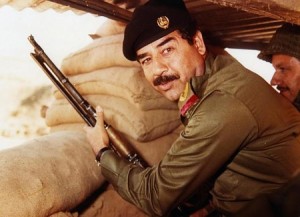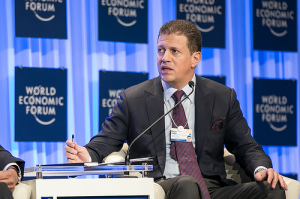Saddam Hussein ruled Iraq with an iron fist from July 1979 until April 2003. Saddam was finally forced out of power by the combined armies of the United States, Britain and their allies. During this time of upheaval and the downfall of Saddam Hussein, Crescent Petroleum continued to grow.
Crescent Petroleum began as Buttes Gas & Oil Co. International Inc, which was a subsidiary of Crescent Petroleum. Buttes was a holder of a concession first granted in 1969 by the Sharjah Government in the United Arab Emirates. In the early 1970s the Mubarek Field was discovered off the coast.
Headquartered in Sharjah, the 1980s proved beneficial to the growth of the burgeoning oil company. By this time, as Saddam Hussein began to flex his muscles, Crescent Oil truly established itself as a full-fledged oil company. The company was re-organized at this time, and began to assert influence on the international energy economy.
During the disruptive years of the Gulf War brought on by Saddam Hussein’s invasion of Kuwait, Crescent Petroleum added concessions in Yemen, Pakistan and Egypt.
Today, in the post-Saddam Hussein era, Crescent Petroleum continues to explore new opportunities for expansion and growth. One of its most promising areas is in the development of natural gas as a valuable asset in the region. It is speculated that the Gulf region of the Middle East holds more than 40 percent of the world’s natural gas reserves. In order to benefit from the richness of the area, Crescent implemented two cross-border pipeline deals. These deals are expected to create a new paradigm shift on the determination of the price of oil. It is expected that the gas business in the Arabian Peninsula and Gulf area will develop quickly, stimulating growth in economies around the world.

